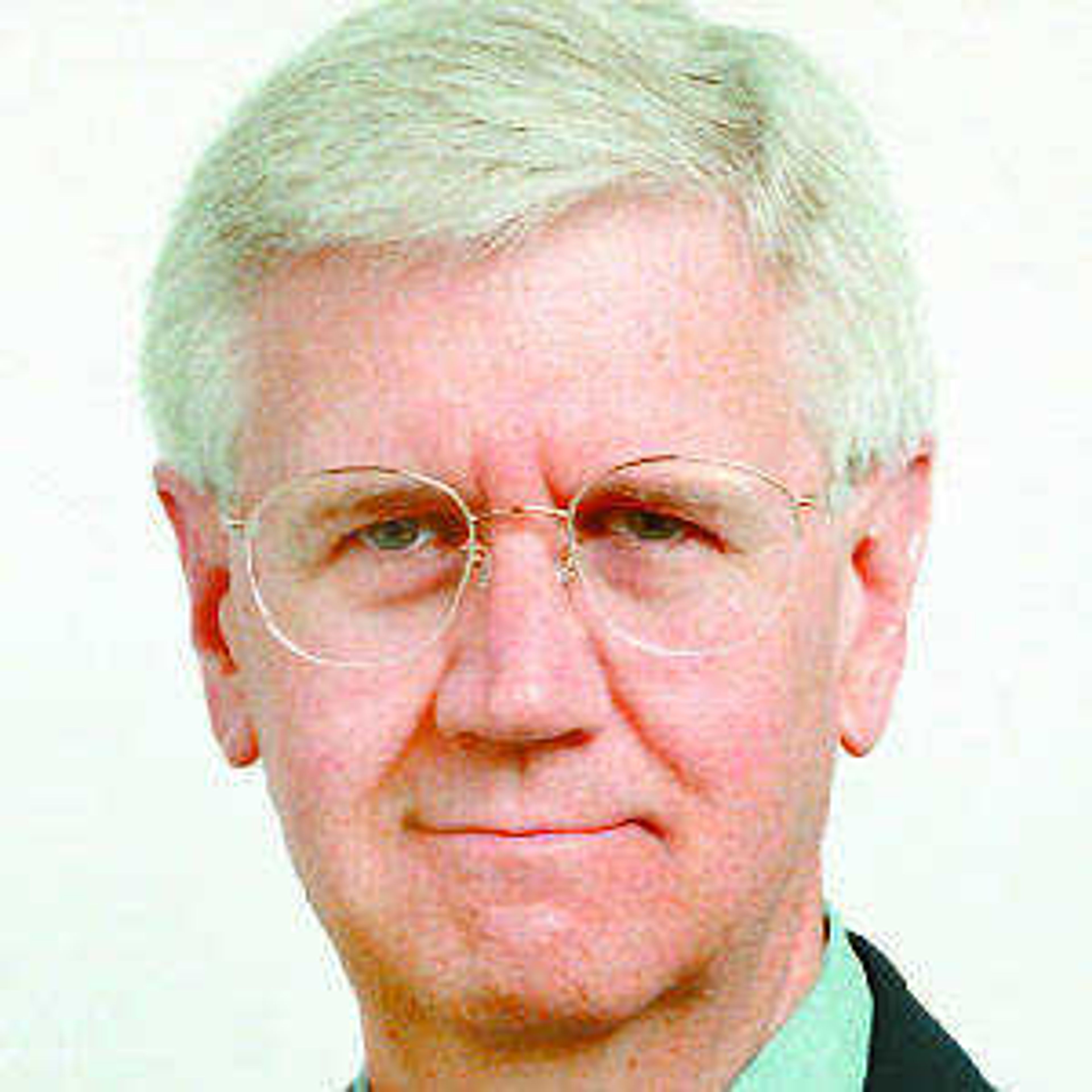A tip of the hat to the golden age of broadcasting
In the early 1950s, everyone of voting age in the Ozark hills over yonder was either a Republican or a Democrat. There were no Communists in the brambles that I know of, and that had nothing to do with the McCarthy witch hunt. Most everyone in the vicinity of Killough Valley was a Republican or a Democrat because his parents and grandparents and great-grandparents were. ...
In the early 1950s, everyone of voting age in the Ozark hills over yonder was either a Republican or a Democrat. There were no Communists in the brambles that I know of, and that had nothing to do with the McCarthy witch hunt.
Most everyone in the vicinity of Killough Valley was a Republican or a Democrat because his parents and grandparents and great-grandparents were. My guess is most Republicans and Democrats of that era in that neck of the woods wouldn't have been able to tell you the difference, except Democrats voted for Harry Truman in '48 and Republicans didn't.
In the farm home where I grew up, both political parties were equally represented. My stepfather was a Democrat. Sometime during the summer of 1952 he had a hankering to listen to the Democratic National Convention on the radio.
There were just two problems that stood in the way of his desire: (1) We had no radio. (2) And we had no electricity.
So, my stepfather, after much deliberation and consideration, drove to Luna Hardware in my favorite hometown and bought a battery-powered console radio big enough to be a full-blown piece of furniture. Pretty soon we were tuning in not just the closest station in Poplar Bluff but a couple of the mega-stations whose signals could, on clear nights, be heard across the nation.
Of course, with a radio in the house there was nothing to keep us from tuning in programs other than a political-party convention. As long as the radio occupied all that room, we might as well listen to other programs, too. Right? Which is how we got hooked on serials like "The Shadow" and "The Lone Ranger."
This was, looking back, a baby step toward watching our favorite TV shows broadcast from KFVS, the only station we could get with our big, outdoor antenna.
As I recall, reporting from the Democratic National Convention of 1952 -- on the radio, at least -- was limited to information about the platform and the voting. There were speeches, too, of course. But not a lot of time was devoted to conjecture, and the reporters we heard never gave us their opinions about the folderol on the convention floor.
Nowadays, nearly all national and worldwide broadcast news coverage is a slurry of opinion mixed with an occasional factoid. As it turns out, around-the-clock news coverage of the entire world and beyond is supposition, and maybe, and what-if. There just aren't enough facts to stretch over 24 hours every day of the year.
In 1952 we listened to some of the regular programs being aired on the radio. But we were selective and careful not to run the battery down, which might mean missing a part of the Democratic convention.
Oh, how easy it is to wish that today's smart TVs all ran on batteries that ran down and forced listeners to choose carefully what they heard.
If TV viewers were limited by batteries, broadcasters might realize that 15 minutes a day of real news (a la Douglas Edwards) would be plenty to replace the 24-hour drivel we have, thanks to a reliable electricity grid in much of the world and a swarm of satellites hovering overhead.
This is not a proposal to return to 1952. No, I like my TV remote and cell phone and air conditioning too much to take that kind of step backward. But, frankly, I wouldn't mind having the option of listening to that masked man catching the bad guys, as he always does.
Joe Sullivan is the retired editor of the Southeast Missourian.
Connect with the Southeast Missourian Newsroom:
For corrections to this story or other insights for the editor, click here. To submit a letter to the editor, click here. To learn about the Southeast Missourian’s AI Policy, click here.










